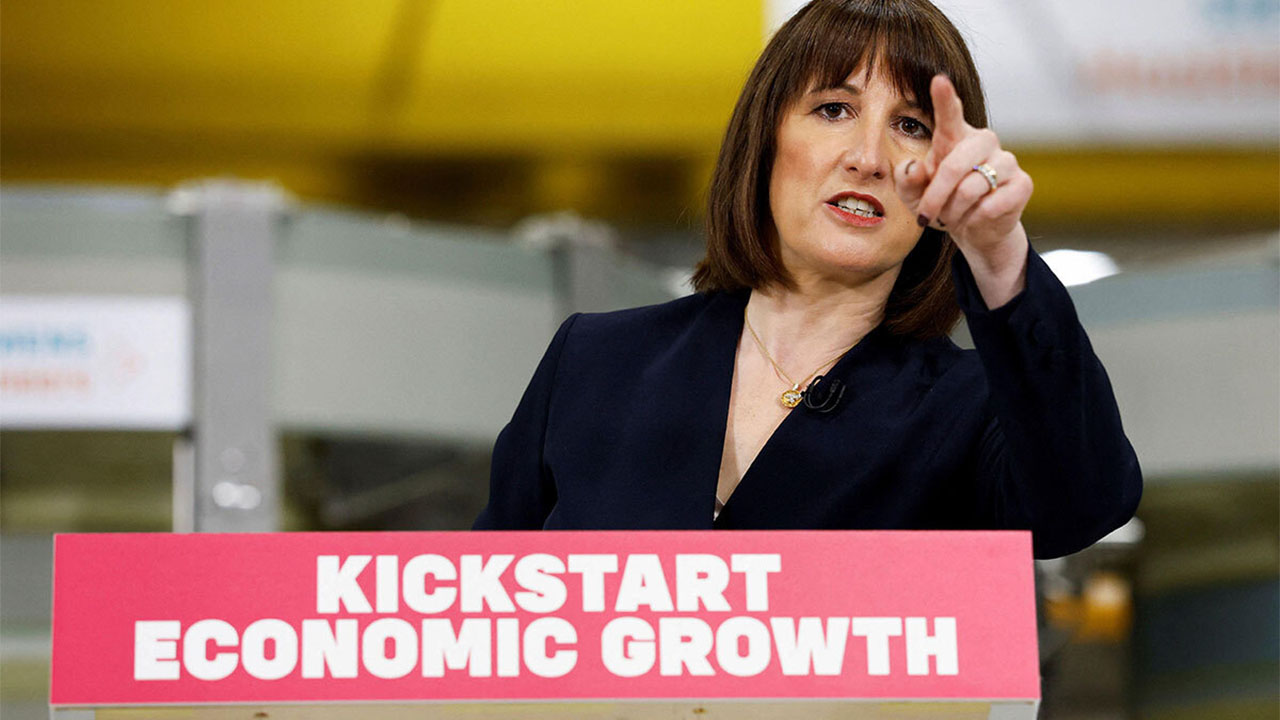By Nawaz Ali, Head of Insights at Western Union Business Solutions
More than fifteen years on from the SARS epidemic, China again faces a virus outbreak. This time though it’s in the city of Wuhan within the Hubei province – the so-called ‘industrial powerhouse’ of the world’s number two economy.
Wuhan’s connection to the rest of the world, and the rate at which this virus spreads, means that as many as 4,015 lives worldwide (as of March 10th) have been lost, dwarfing the 774 deaths attributed to SARS in 2003. [1] However, coronavirus – or rather COVID-19 – remains significantly less fatal than SARS was, with a mortality rate of 3.4% according to the World Health Organisation (WHO). That’s about four times less than the 9.6% mortality rate under SARS.
With COVID-19 now impacting 110 different countries, what if this escalates further, and WHO updates its global health emergency rating to a ‘global pandemic’? This prospect of further escalation, and thoughts of ‘what if’ is what’s now driving fear across financial markets and forcing economists to quickly reassess potential implications for businesses in 2020.









